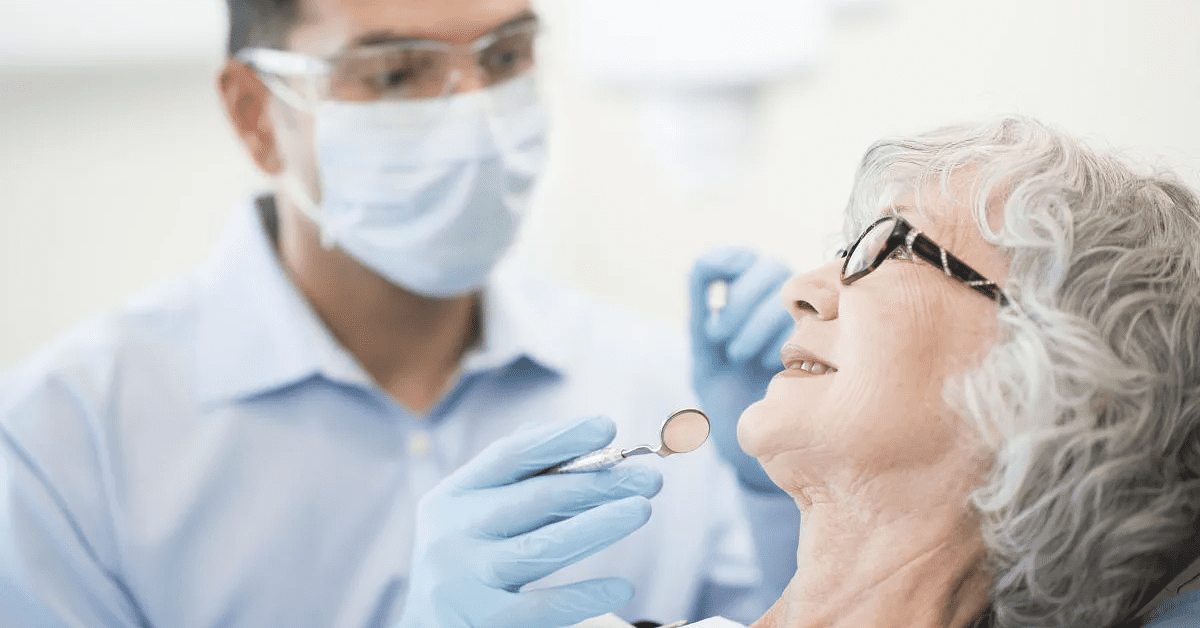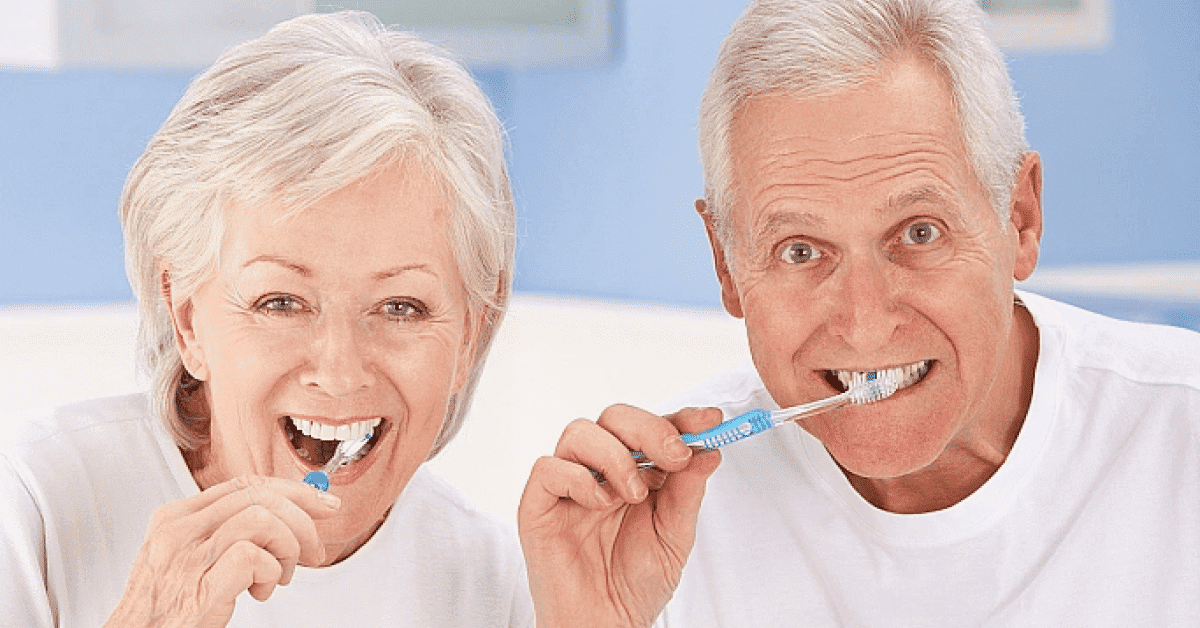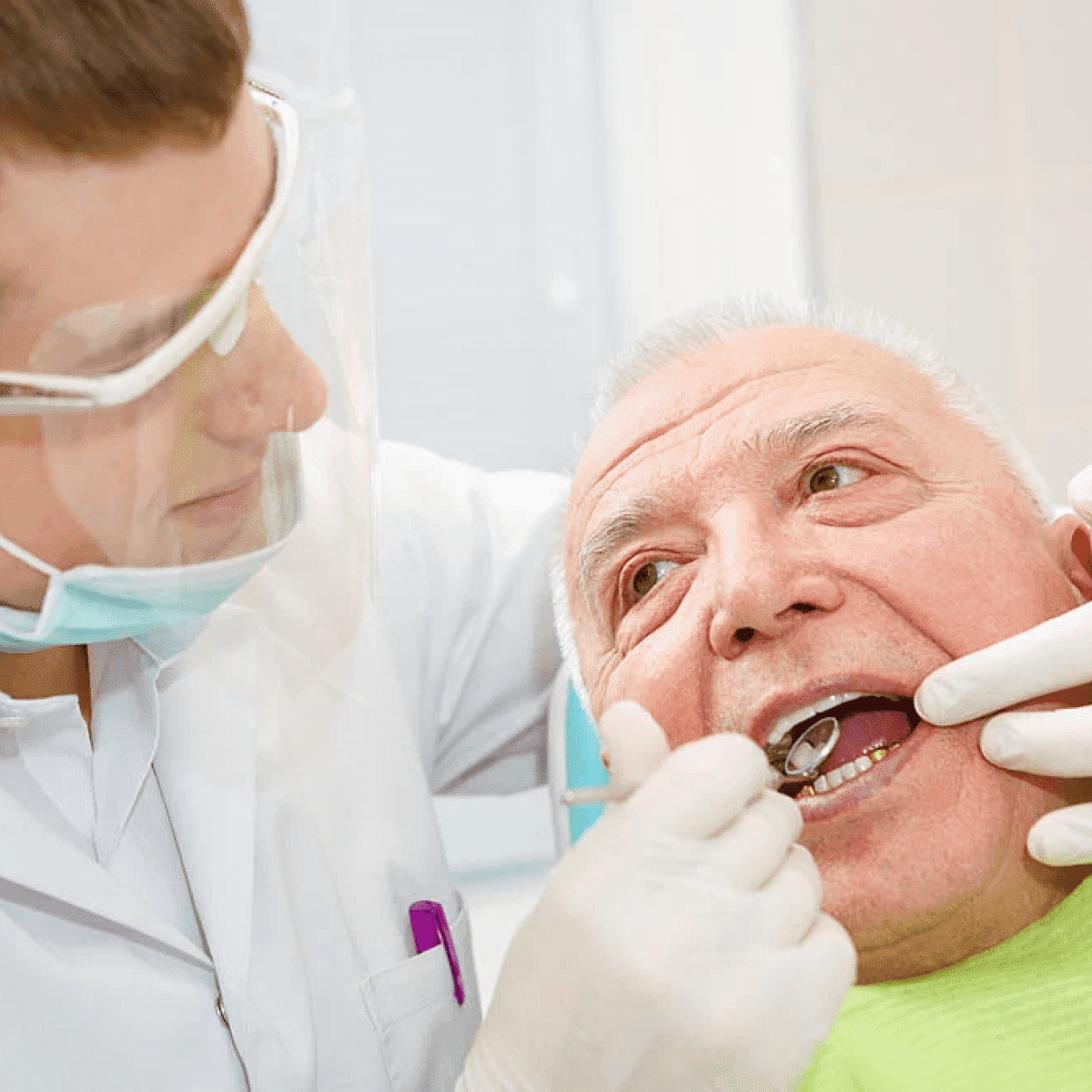Comprehensive Care and Recovery for Dental Implants in the Elderly
Recovery practices is essential for ensuring dental implants in elderly patients integrate well and last over time.


Dental implants have revolutionized the landscape of oral healthcare, providing a durable and aesthetically pleasing solution for those grappling with tooth loss. For the elderly, these implants offer renewed confidence and the ability to enjoy a diverse range of foods. However, the success of dental implants hinges on meticulous care and a vigilant postoperative recovery process.
Understanding the Unique Needs of Elderly Patients
Elderly individuals often face distinct challenges in oral health due to factors like diminished saliva production, medication-induced dry mouth, and systemic conditions such as diabetes. These factors can impact the healing process and implant maintenance. Dentists working with the elderly must consider these nuances to tailor care plans that address specific needs.
Postoperative Care
The initial days and weeks after dental implant surgery are critical for successful integration. Elderly patients should adhere strictly to postoperative care instructions provided by their dental professionals. This typically involves maintaining oral hygiene through gentle brushing and prescribed mouth rinses. Furthermore, avoiding strenuous physical activities and adhering to a soft diet during the initial healing phase is crucial.
Importance of Regular Dental Check-ups
Elderly individuals with dental implants must prioritize regular check-ups with their dentists. These appointments allow for the monitoring of implant stability, assessment of oral health, and early detection of any potential issues. Dentists may recommend specialized cleaning techniques or additional preventive measures tailored to the individual’s overall health status.
Adapting Oral Hygiene Practices
Proper oral hygiene is fundamental to implant longevity. The elderly should use a soft-bristled toothbrush and non-abrasive toothpaste to clean their implants gently. Flossing, while essential, requires a delicate touch to avoid trauma to the implant site. Water flossers or interdental brushes may be recommended to facilitate effective cleaning in areas that are challenging to reach.
Nutritional Considerations
Diet plays a pivotal role in the recovery and maintenance of dental implants. Elderly individuals should prioritize a nutrient-rich diet that supports overall health and aids in the healing process. Calcium and vitamin D are particularly crucial for bone health, promoting the stability of the implant. Additionally, staying hydrated is essential, especially for individuals with dry mouth concerns.
Managing Medications and Systemic Conditions
Elderly individuals often take multiple medications for various health issues. It is imperative to communicate openly with both the dentist and healthcare providers to ensure that prescribed medications do not interfere with the dental implant healing process. Diabetic patients, for instance, may require extra vigilance in blood sugar control to optimize implant success.
Addressing Dry Mouth
Dry mouth, a common issue in the elderly, can compromise oral health and implant recovery. Dentists may recommend artificial saliva products or sugar-free chewing gum to stimulate saliva production. Proper hydration and the avoidance of alcohol-containing mouthwashes contribute to alleviating dry mouth symptoms.
Maintaining a Positive Mindset
Emotional well-being is often overlooked in the recovery process. Elderly individuals adapting to dental implants may experience anxiety or frustration. Dental professionals should foster a supportive environment, addressing concerns and providing reassurance. Engaging in a positive mindset can contribute significantly to the overall success of implant treatment.
In conclusion, caring for dental implants in the elderly requires a holistic approach that considers the unique needs of this demographic. From meticulous postoperative care to adapting oral hygiene practices and addressing systemic conditions, a comprehensive strategy is essential for implant success. By prioritizing regular dental check-ups, proper nutrition, and maintaining a positive mindset, elderly individuals can enjoy the full benefits of dental implants, fostering not only oral health but overall well-being in their golden years.


Ad
Dental Articles











